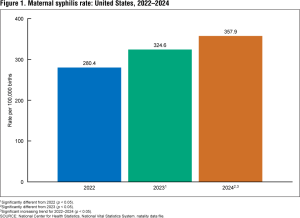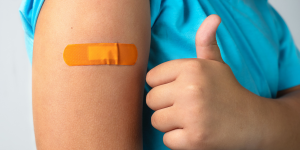What is consent?
Consent is an agreement that is willfully given without any external pressure or factors. In order for someone to consent to sexual activity participants must continuously communicate—before, during, and after sexual activity
Communication is key—boundaries should be established before, during, and after sexual activity. In order for someone to consent to sexual activity participants must continuously communicate before, during, and after sexual activity—this is the only way to establish clear boundaries between participants and allows for a relaxing experience.
Consent does not always have to be verbal, but discussing boundaries, expectations, and consent between participants at each sexual encounter is the best way to avoid confusion and respect boundaries.
Consent must be given…
- Voluntarily and without coercion. Consent must be freely given. External factors such as pressure, threat, or physical violence invalidate a verbal “yes” or a silent “no.”
- Clearly, while sober. Someone who has had too much to drink or is under the influence of drugs cannot consent to sexual activity. In addition, someone who is unconscious-—whether from substances or simply sleeping—cannot consent to sexual activity.
- Continuously. Consent must be given with every sexual act. Just because someone consented to sexual activity once does not mean consent will be given every time. Even if someone has consented 100 times it does not mean they will consent the 101st. Consent may be given at the beginning of sex but then taken back. You MUST stop sexual activity. Even if consent is given at the beginning of a sexual act it can be taken back at anytime! Everyone has agency over his or her own body and respect of one another is SO important.
- With confidence and enthusiasm. Consent must be given with confidence and enthusiasm. If you or a partner is reluctant about intensifying sexual encounters then instead of advancing you should have a conversation and communicate about your comfort levels.
- With awareness. In order for someone to consent to sex each participant must be informed and say yes to each sexual act that is performed. This is important to realize as the term “hook up” may mean sexual intercourse to one party but may mean basic kissing to another. With this, someone may originally consent to a “hook up” but rescind consent midway through because of a miscommunication. This must be respected! In addition, informed consent means both partners are aware of each others’ STI status, in agreement of the methods of birth control being used, and comfortable with the environment in which they are having sex. Basically, informed consent means that there are no surprises and consent can be rescinded at any point—especially under changing conditions!
Sexual Coercion
Sexual coercion is when someone pressures, uses drugs or alcohol, or forces sexual contact with a person against his or her will.
Examples of Sexual Coercion include
- When a person persistently attempts to have sexual contact with someone after refusal.
- When a person makes another feel like they owe them sexual contact. (Ex. “ But I bought dinner…” “We have been together for so long…” “I have been waiting all day for this…” “You’ve already gotten me turned on.”).
- When a person gives excessive, insincere compliments to get another to agree to sexual contact. (Ex.“You’re so sexy I can’t control myself around you.” “I’ve thought about it and I think you would look so good naked”).
- When someone badgers, yells, or holds a person down to have sexual contact.
- When someone gives, or persistently encourages the use of, drugs or alcohol to loosen someone up. (Ex: “Let’s liquor you up.”)
- When someone pressures or threatens another to agree to sexual contact because they are in a relationship (Ex: “If you love me, you would do this.” “If you don’t have sex with me I will just go find someone who will.”)
- When someone reacts with sadness or anger when another says no. (Ex: “If you don’t have sex with me you don’t love me.” “You’re a slut so what’s your problem with me?”)
- When someone continues to pressure another when he or she says no. (Ex: “I am just going to tell everyone we had sex anyway so we may as well.”)
- When someone claims they “need it” or normalizes expectations. (Ex. “Guys just need it.” “You’re going to give me blue balls.”)
Sexual Assault
Sexual assault refers to sexual contact or behavior that happens without explicit consent of the victim.
Examples of sexual assault include
- Attempted rape
- Fondling or unwanted sexual touching
- Forcing a victim to perform sexual acts on the perpetrator
- Forcible sodomy: anal or oral sex against a person’s will
- Forcible object penetration: penetrating someone’s vagina or anus, or causing that person to penetrate her or himself, against that person’s will
- Rape: penetration of the victim’s body
- Incest
How to Support a Victim of Sexual Assault
When a friend or family member is sexually assaulted you may struggle to come up with ways to support them. The resources below provide guidance on how to navigate these situations and provide support without triggering and while respecting the victim’s privacy.
Resources for Victims and Family Members of Sexual Abuse and Assault
- NSVRC: The National Sexual Violence Resource Center
- PCAR Guide: A Guide for Friends and Family of Sexual Violence Survivors








